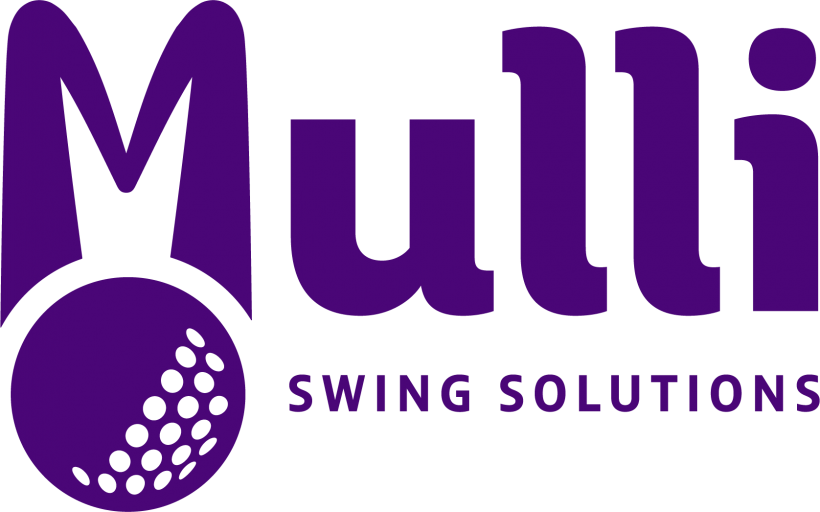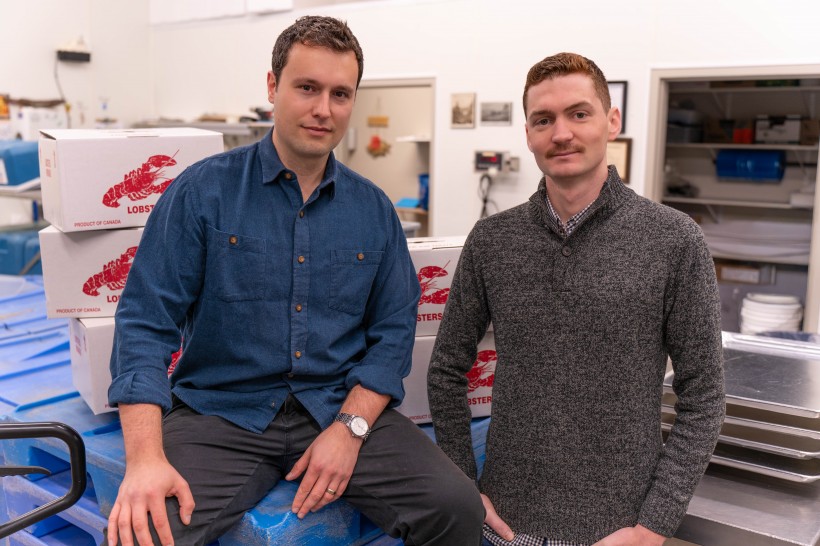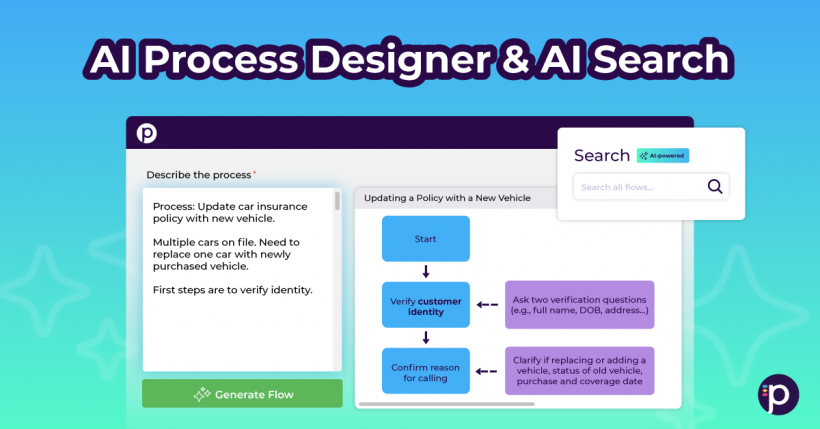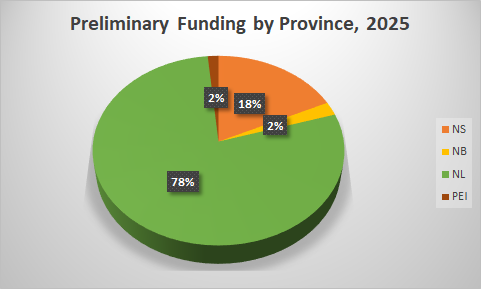Canada’s Ocean Supercluster has announced a pair of new projects worth a combined $3.6 million -- one to remotely monitor work being conducted at offshore sites and one to develop risk assessment and crisis management strategies.
The remote monitoring system, which the supercluster dubs the Offshore Connected Worker Project, is budgeted at $3.1 million, with the supercluster kicking in $1.3 million. The risk management software, or Crisis Intervention and Operability Analysis for Digital Ocean Operations Project, will cost $471,000, of which the supercluster will pay $94,000.
“Yes, they support oil and gas,” Ocean Supercluster spokesperson Nancy Andrews told Entrevestor in an email, referring to the possible industrial applications of the two projects. “But they also support transportation and marine services ... and could be applied across other sectors, as well.”
In a press release, the Supercluster said that the Connected Worker Project aims to use artificial intelligence to improve the efficiency and safety of offshore work by “remotely monitoring human activity, conditions and operations.”
The project will be led by St. John’s-based Horizon Maritime and Bedford, NS’s Allswater Marine. The other participants are Delaware’s ShipReality and five Canadian companies: VMG Strategic Technology, Rimot, C-CORE, Kognitiv Spark and Kinduct.
The Crisis Intervention deal, meanwhile, will be led by the non-profit Energy Research & Innovation Newfoundland and Labrador, backed by Chevron and ExxonMobil, as well as the National Research Council of Canada’s Ocean, Coastal and River Engineering Research Centre. The other partners will include Lloyd’s Register, tugboat operator Atlantic Towing, Memorial University and the Foundation for Scientific and Industrial Research at the Norwegian University of Science and Technology.
The consortium plans to develop a crisis management framework -- a set of procedures and strategies to respond to accidents and other seafaring emergencies -- for autonomous and remotely operated ocean technology. The framework is based on Norway’s Crisis Intervention and Operability Analysis framework, which is designed to incorporate the possibility for human error into risk management decisions.
The supercluster said the project “will identify gaps and opportunities for ocean digitalization research and development and innovation and set a clear agenda for education and training.”










